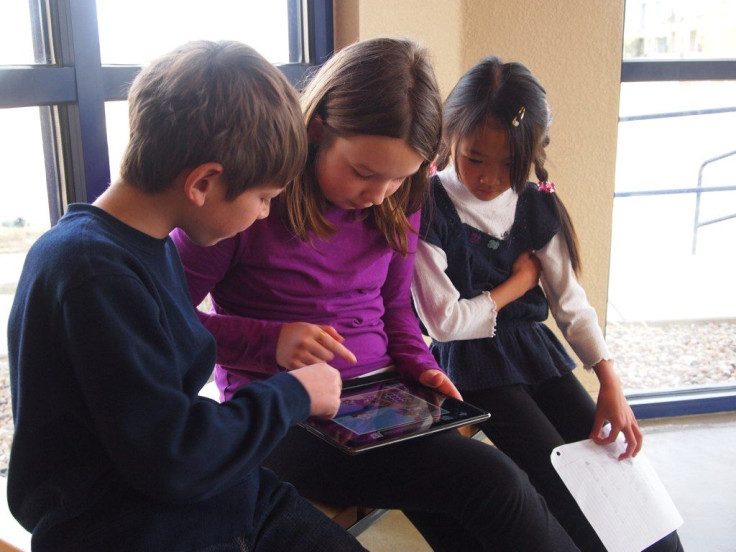Children Report Sexual Abuse More When Taking Prevention Programs In School

It’s estimated one in 10 girls and one in 20 boys experience some form of sexual abuse — but new research published in the Cochrane Database of Systematic Reviews suggests children report more instances of abuse when they learn about it in school.
Researchers reviewed data from 24 existing trials involving 5,802 children participating in these types of programs across the globe, including from the United States, Canada, China, Germany, Spain, Taiwan, and Turkey. The programs use a variety of methods to teach children about sexual abuse, such as safety rules, body ownership, as well as the people they should talk to about sexual abuse. And the results showed children in prevention programs report abuse more, as well as have a greater knowledge of what to watch out for.
To be specific, around 14 in 1,000 children disclosed some form of sexual abuse when participating in prevention programs compared to only four in 1,000 children who weren’t taking these programs. When following up with children six months later, researchers found they still remembered much of what they were taught. Children who had taken the program were also more likely than other children to try and protect themselves in an abusive situation.
Teaching children about sexual abuse might seem problematic, but researchers found little evidence this information worried children or had any adverse effects.
"Even if a child demonstrates that they know how to behave in a certain scenario, it doesn't mean they will behave the same in a real situation where there is potential for abuse," Kerryann Walsh, lead study author of the Faculty of Education at Queensland University of Technology in Brisbane, Australia, said in a press release. "Tests cannot mimic real abuse situations very well.
Walsh added this review supports the need to better inform and protect children against sexual abuse. This includes conducting another study to build upon the present findings, and further investigating the link between participating and the actual prevention of child abuse. Larger studies will make clear if these programs really work or not, she said.
In the meantime, The National Child Traumatic Stress Network reported teaching children about body safety and the difference between “OK” and “not OK” touches is a way to help protect them from sexual abuse.
Source: Walsh K, Zwi K, Woolfenden S, Shlonsky A. School-based education programmes for the prevention of child sexual abuse. Cochrane Database of Systematic Reviews. 2015.



























